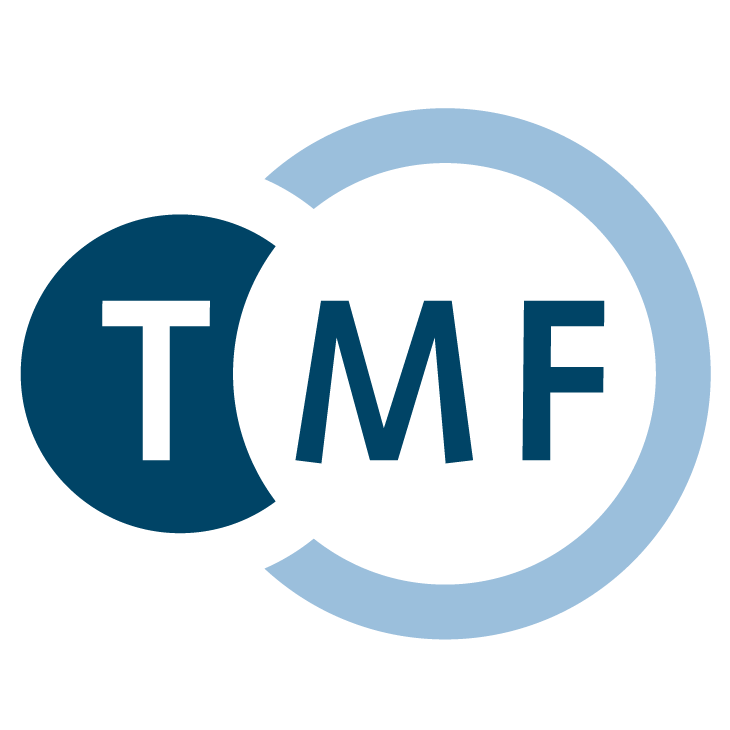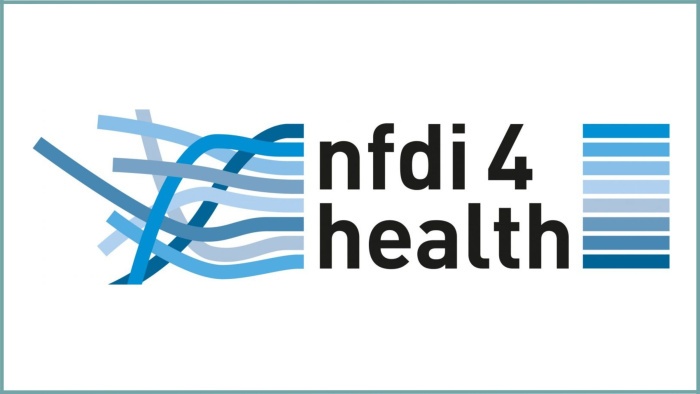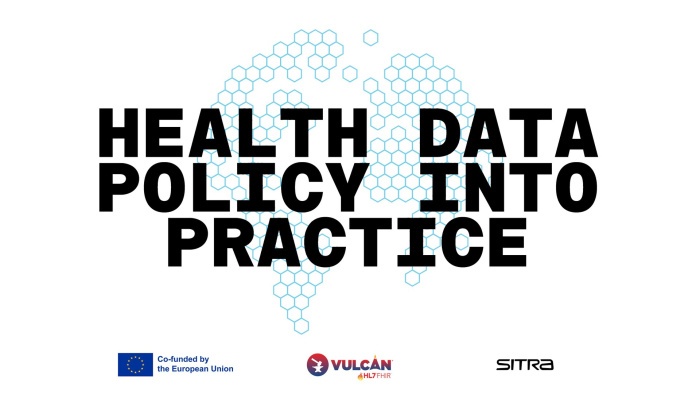TMF Welcomes Unified Procedure for Ethical Votes in Multicenter Studies

© bonezboyz - stock.adobe.com
The TMF – Technology and Methodology Platform for Networked Medical Research welcomes the establishment of a unified procedure for ethical votes in multicenter medical studies. As reported by the German Medical Association (BÄK) and the Workgroup of Medical Ethics Committees in Germany (AKEK) in a joint press release on June 20, 2024, a procedure for the nationwide standardization of professional legal advice for research projects will apply in the future. According to this, for multicenter medical studies, a single vote from an ethics committee established according to state law will be sufficient.
With this, the BÄK and AKEK are addressing an urgent concern from both science and industry and are creating the conditions for a procedural adjustment. The harmonization of studies advised according to medical professional law is seen by the TMF as an important contribution to improving the framework conditions for the research landscape in Germany. The procedural proposal was adopted by the AKEK in its general meeting on June 14, 2024, and by the BÄK board on June 15, 2024.
Need for Harmonization, Binding Guidelines, Focus, and Efficient Work Distribution
The introduction of the new procedure not only significantly reduces the workload for applicants of multicenter studies but also contributes to the standardization of evaluation criteria. This could soon make towering stacks of paper required for ethics votes for multicenter studies and registries a thing of the past. "For large collaborative research projects like the AKTIN Emergency Admission Register or the National Autopsy Register (NAREG), over 50 ethics committees often have to decide on data usage. The ethics committees frequently require different documents, and contradictory votes are common. As a result, research can be delayed by several months, and unnecessary time is consumed by the researchers as well as the volunteer members of the ethics committees – without contributing to the quality and safety of the research. The need for more harmonization, binding guidelines, focus, and efficient division of labor in the ethical evaluation of studies was significant," emphasizes Prof. Dr. Rainer Röhrig, Chairman of the TMF Board, highlighting the need for change. "The decision by AKEK and BÄK is groundbreaking: It will relieve researchers," says Röhrig. "The expected relief for the ethics committees will also allow more time for individual applications, improving the quality and safety of research."
The decision by AKEK and BÄK is groundbreaking: It contributes to the relief of researchers.
Simplifying the ethics approval process is the foundation for faster innovations.
As called for in the statement on the Medical Research Act, jointly developed by the TMF, German University Medicine, and the Network University Medicine, a simplified application process for clinical studies not only contributes to better patient care but also lays the foundation for future pharmaceutical and medical technology innovations.
Need for Specialization of Ethics Committees
"By harmonizing the evaluations of national ethics committees, taking into account approaches in other European countries, and mandating the implementation of these harmonized guidelines, we significantly strengthen the research landscape in Germany," explains the TMF’s Managing Director Sebastian C. Semler. "Moreover, the proposal is an important contribution to reducing bureaucracy—a crucial factor in times of increasingly scarce human resources."
The TMF explicitly advocates for the specialization of individual ethics committees in defined procedures and study types, as well as the establishment of an ombudsman office to monitor deviations from AKEK guidelines and intervene when necessary.
Through this harmonization within AKEK and the identification of specialized local ethics committees, local ethics committees (for example, at universities) will be strengthened. At the same time, the support for researchers at specific locations or for special issues will be significantly enhanced by a few specialized ethics committees.
National Ethics Commission Becomes Obsolete
The consistent implementation of these recommendations would render the establishment of an additional ethics committee, which would create new challenges in harmonization, unnecessary. If, contrary to this recommendation, the legislator decides to maintain a "Specialized Ethics Committee for Specific Procedures," it would make sense to integrate it much more strongly into the existing system to avoid parallel, disconnected ethical evaluation pathways in Germany.
Press Contact
Wiebke Lesch
Tel.: +49 30 2200 24731
Mobile: +49 177 2663257
Email: presse@tmf-ev.de
X: @tmf_eV
Further Information

Über die TMF e.V.
Die TMF – Technologie- und Methodenplattform für die vernetzte medizinische Forschung e.V. steht für Forschung, Vernetzung und Digitalisierung in der Medizin. Sie ist die Dachorganisation der medizinischen Verbundforschung in Deutschland, im Rahmen derer Spitzenforscherinnen und -forscher Wissen austauschen, gemeinsam Ideen und Konzepte entwickeln und so die Zukunft der medizinischen Forschung im digitalen Zeitalter gestalten.


